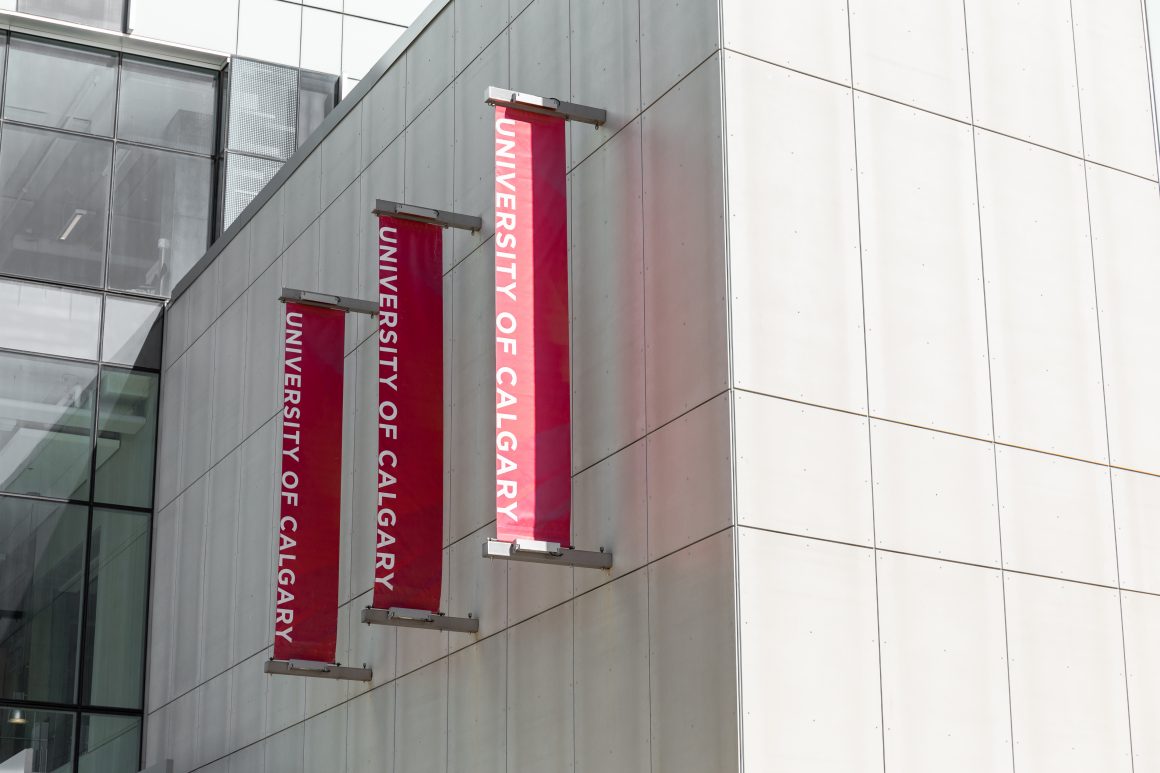
Town hall reveals tuition increase forthcoming
By Sophia Lopez, November 19 2020 —
On Nov. 18, provost and vice-president academic at the University of Calgary Dru Marshall hosted a town hall on undergraduate tuition.
Marshall, who was joined by other panelists, discussed a proposal to increase undergraduate tuition and fees for both domestic and international students that would take effect on May 1, 2021 if approval is received.
To start off the town hall, Marshall discussed the context in which these changes are being proposed. The United Conservative Party government’s Blue Ribbon Panel which produced a report last September called the MacKinnon Report suggested, according to Marshall, that “the funding for advanced education in Alberta should look more like the rest of the country, but particularly like Ontario and B.C. in that there should be less reliance on provincial funding and more user pay, and the university should look for alternate sources of revenue.”
As for why U of C is being compared to other provinces, the institution is a part of the U15 Group of Canadian Research Universities, which are relatively competitive with one another.
“We want to ensure your quality of education is what it should be,” explained Marshall “[When you graduate] it’s important that the reputation of your degree is strong, and that relates to the reputation of the university.”
Undergraduate students in most programs, like arts, science, law and business, will see a tuition increase of seven per cent, which is about 91.5 per cent of students at the university according to Marshall. First year and new students in the engineering and medicine program will experience a 10 per cent increase in tuition, which impacts roughly eight-and-a-half per cent of the students on the domestic side, according to Marshall.
International students in their second year or higher can expect an increase of seven per cent in most programs. For first year and new students, which make up about forty-nine per cent of the students, a 10 per cent increase can be expected in most programs. The MD program will receive the highest increase of 15 per cent, but only represents less than one percent of incoming students.
For both domestic and international students of any year, dance and music programs will not receive any increase in tuition.
When looking at general fees, a seven per cent increase can be expected, resulting in a total of $46.21 for the winter and fall terms. With this said, fees are subject to change due to COVID-19.
“Depending on the advancement of COVID, we’ll see what happens in the upcoming year,” said Marshall.
Without tuition increases Marshall said, U of C would be at risk of becoming a university with fewer programs and staff members, and overall a lesser institution than what we are now. She made it clear that this proposed increase was not done with disregard to the students.
“When you have cuts of the depth that we have, we definitely have a philosophy that this has to be a shared responsibility amongst administration, students and employees,” said Marshall. “Over 600 positions have been lost to the university.”
Losing close to $90 million out of the base budget, Marshall and her team believe “tuition increases are appropriate given the cut in the budget that we’ve had and given how we’re trying to manage that cut while increasing revenue at the same time.”
“The [administration] team here has been working nonstop on your behalf to ensure that the university is run effectively and efficiently,” she continued. “It’s been exceptionally hard for administrators who have been fighting with the government on your behalf, advocating on your behalf to ensure that the government understands the issues that we have at the university.”
With COVID-19 continuing to be an ongoing issue, Marshall addressed how funding has been provided to help students who are unable to find jobs. As an institution, she explains how U of C tries to create as many work integrated experiences as possible for students during the summer.
“With our partners, we’ve got close to $9 million worth of funding to help with that. We hope to leverage that with industrial support as well,” Marshall said. She also added that more awards are being created to help students financially.
Although many will probably feel that not enough was done to avoid this increase, Marshall told the audience that these changes were not made with the intention to hurt students, and that the administration has tried very hard to ensure the best possible outcome for everyone.
“I recognize that this is very difficult for students,” she said. “I don’t underestimate that and I also know it’s been really difficult for faculty members to make that jump to online and that has impacted in some way student experience. This wouldn’t have been our choice. In order for us to continue to function in the way we’re functioning currently the tuition increases are important to have happen.”
Marshall also made sure to note on the process behind proposing these increases.
“There’s a Finance and Property committee of the Board [this] Monday where the student leaders and myself will present,” she explains. “That committee will decide whether they recommend moving to the board in December, and at the board meaning these kinds of increases will be debated and up for discussion and approval — and the board will vote one way or another.”
The results of this proposal can be expected to be announced within the next few months.
